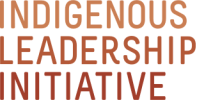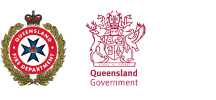
This project aims to evaluate the Australia Women-in-Fire Prescribed Fire Training Exchange (AUS-WTREX) program. The purpose of the evaluation is to understand if and how participating in the AUS-WTREX program impacts First Nations women's physical, social, emotional and spiritual wellbeing and their memory.
The research will inform future iterations of the AUS-WTREX program, as well as contribute to a growing body of research on the health and wellbeing impacts for Indigenous people engaged in caring for Country.




